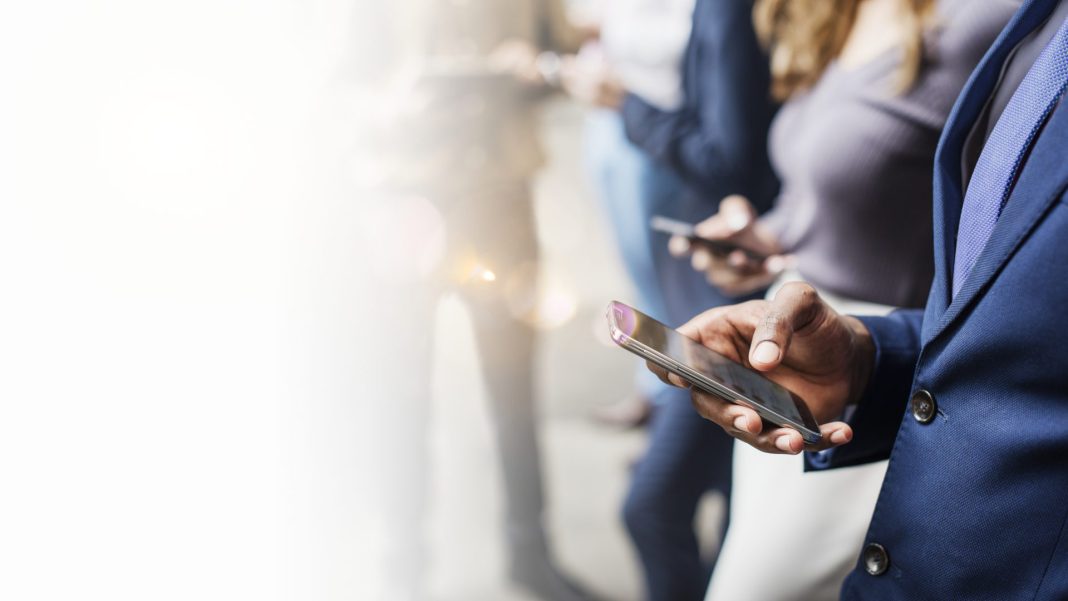There are some truths about the world which are both obvious and yet rarely addressed. That social media is, in fact, deeply antisocial is one such truth. Long gone are the days when my Instagram or Facebook feeds were filled with wholesome photos of an old friend’s summer holidays, the works of an artist I had followed or some beaming celebrity. Here to stay are the literally endless reels, the brain rot memes, and the armies of bots ready to dispense opinions on anything from the Russian invasion of Ukraine to their lord and saviour, Donald J. Trump. What was once expected to be a vehicle for truth has become a tool for lies and conspiracy at such a rapid rate that it is impossible to combat with the truth. What was once a tool for keeping in touch with friends has become a tool for cramming as many thirty second clips as possible into every minute of your day.
And yet, despite being such an obvious problem it manages, for multiple reasons, to avoid any useful scrutiny. Firstly, social media is an extremely useful tool for all of the people who would otherwise be able to use their platform to criticise it. When so much news is borrowed from Twitter (currently known as X), structural criticism of the social media platform itself gets forgotten. Only an idiot would take to social media to tell everyone how bad it is. Further, actual criticism of social media is often insincere, based more on political affiliation than any genuine principles. Right wing opinion of Twitter, at least in the US, seemingly flipped after Musk’s takeover in 2022, despite free speech on the platform having suffered since. Finally, so much of the criticism of social media is focused on the personal rather than the political, advising individual embargos on shortform content or a 30 day dopamine detox.
Only one social media platform poses a truly interesting personal dilemma. A social media site which is, on the one hand, worse for your mental health than any of those mentioned above, especially prone to causing depression and imposter syndrome but which, on the other hand, significantly improves your job prospects and gives you the opportunity to humblebrag about your latest internship (without mentioning, of course, that you were really just doing odd jobs for your Uncle Jeff). In many ways, LinkedIn has the perfect business model. It has managed to make itself an important, if not indispensable, tool in job applications, actively promoted by schools, universities and hiring managers. An applicant without a LinkedIn account is at an undeniable disadvantage when faced with a veteran LinkedIn warrior.
Yet what is a perfect business model for Microsoft is a poisonous cocktail for the consumer. Instagram is often rightly accused of perpetuating unhealthy expectations. But LinkedIn is far worse in this regard. Every single post is geared to make you look like a dream employee. Even posts about mental health and the damage that a social media might have on consumers are framed so as to be appealing to recruiters. (‘People who discuss their mental health on LinkedIn are shunned but I alone am brave enough to do it anyway’.) With this in mind, it is hardly surprising when studies demonstrate the harm that LinkedIn has on its users. In being so obvious, it manages to be the perfect Faustian Bargain. Will you trade your mental health for better employment prospects, your soul for material wealth?
Mephistopheles will see you now.


